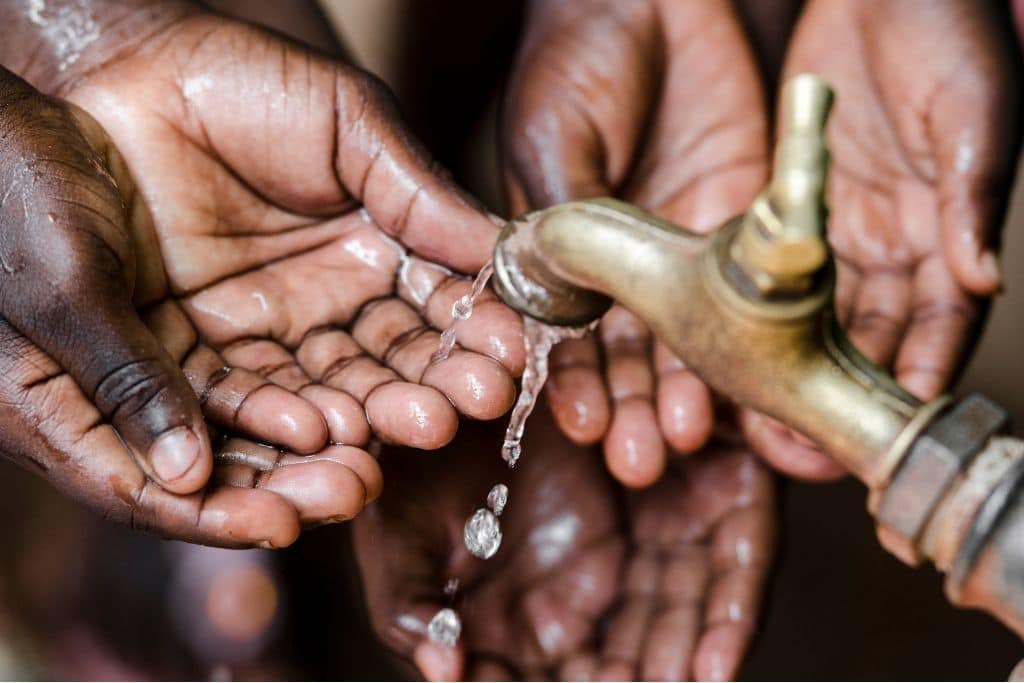It is a common sight in major cities of Nigeria to see young men pushing wheel barrows stocked with gallons in search of water as access to potable water remains a major challenge for majority of city dwellers. Most city dwellers today rely on private water vendors and boreholes to meet their domestic needs. Those in the rural areas where 70 percent of Nigeria’s population live rely mainly on streams and rivers.
Ironically, all the 36 states and the Federal Capital Territory, FCT, have Water Boards. The Federal Government and some state governments also have ministries of Water Resources. Despite government huge budgetary appropriations to the water sector, a large population still does not have access to government-provided potable water. A report titled, “Dry Taps: A Damning Verdict on the State of Water Utilities in Nigeria” released recently by Water Justice Groups in Nigeria, blames the parlous state of public water supply in Nigeria on corruption.
The report covers Lagos and Oyo in the South-West, Enugu in the South-East, Edo State in the South-South, Kano in the North-West, and Kogi in North-Central. It was discovered that most of the mini or micro waterworks in the sampled states were either completely shut, neglected or vandalised. Most of the major waterworks throughout the federation are functioning epileptically and far below installed capacity. The apparent lack of interest in provision of water by most governments has resulted in low morale of workers in the public utilities due to paucity of funds.
This apathy is shocking, given the importance of water to all life. The existence of boreholes in almost every residential building in our cities paints a picture of a fractured pathway to development. Nigeria needs to make a massive turnaround in the water sector for us to align properly with Goal Six of the United Nations, UN, Sustainable Development Goals, SDGs, which seeks to ensure water and sanitation for all by 2030. Nigeria’s potable water crisis is a ticking time-bomb, threatening the health, well-being, and economic productivity of citizens
We also call on civil society and private sector stakeholders to support the government in addressing Nigeria’s potable water crisis. Nigerians must have access to safe drinking water – a fundamental human right that is also essential for a healthy and productive society.
By…
JOSEPH ASUNI
HEAD, ENGINEERING,
SUCCESS FM, IBADAN.


